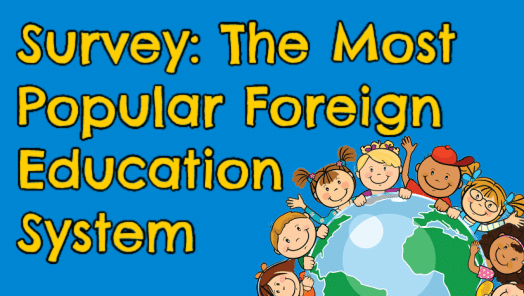Key Findings
We were surprised by the geographically varied results from our survey. Below find our key takeaways and conclusions.
1. Regional Preferences Reflect Cultural Values
The preference for Japan’s rigorous and disciplined education system in many Southern states (e.g., Alabama, Arkansas, Georgia) and some Western states (e.g., California, Colorado) may reflect a cultural emphasis on respect for authority and academic achievement prevalent in these regions.
This suggests that local cultural values significantly influence parental preferences for education systems, with parents opting for models that align closely with the values they want to instill in their children.
2. Finland’s Popularity in Varied Regions
Finland’s education system, which focuses on equity and student well-being, consistently ranks highly across diverse states like Alaska, Arizona, Massachusetts, and Texas.
This widespread appeal suggests that regardless of regional differences, many parents across the country are increasingly prioritizing an education system that reduces stress and fosters overall well-being and creativity.
This could indicate a national trend towards valuing mental health and holistic development in education.
3. Surprising Popularity of Competitive Models
Despite the general trend towards well-being-focused education systems, China’s highly competitive and exam-oriented model ranks highly in states like Michigan, Montana, and Texas.
This may suggest that in regions with economic concerns or where academic achievement is seen as a key to upward mobility, parents might favor more rigorous, results-driven educational models that they believe will give their children a competitive edge.
5. Technological Innovation Gaining Traction
Estonia’s innovative, technology-driven education system, while ranking lower overall, finds a place in the top 10 in almost every state.
This suggests a growing recognition across the country of the importance of preparing students for a digital future.
Parents in states like Nevada, Minnesota, and West Virginia are particularly supportive, perhaps reflecting a push towards integrating more technology into education, even in traditionally less tech-centric areas.
6. Educational Choice and Freedom
The Netherlands’ education system, which offers a mix of public and private education with a focus on freedom of choice, consistently ranks in the middle across many states.
This steady ranking suggests that while parents appreciate the freedom to choose the best educational path for their children, they may still prioritize other factors like discipline (Japan) or well-being (Finland) more highly, depending on regional values and concerns.
Methodology
Online panel survey of 3,000 adults based on age, gender, and geography. Internal data sources are used to obtain population data sets. We used a two-step process to ensure representativeness through stratified sampling and post-stratification weighting.
Respondents are carefully chosen from a geographically representative online panel of double opt-in members. This selection is further tailored to meet the precise criteria required for each unique survey. Throughout the survey, we design questions to carefully screen and authenticate respondents, guaranteeing the alignment of the survey with the ideal participants.
To ensure the integrity of our data collection, we employ an array of data quality methods. Alongside conventional measures like digital fingerprinting, bot checks, geo-verification, and speeding detection, etc., each response undergoes a thorough review by a dedicated team member to ensure quality and contextual accuracy. Our commitment extends to open-ended responses, subjecting them to scrutiny for gibberish answers and plagiarism detection.

